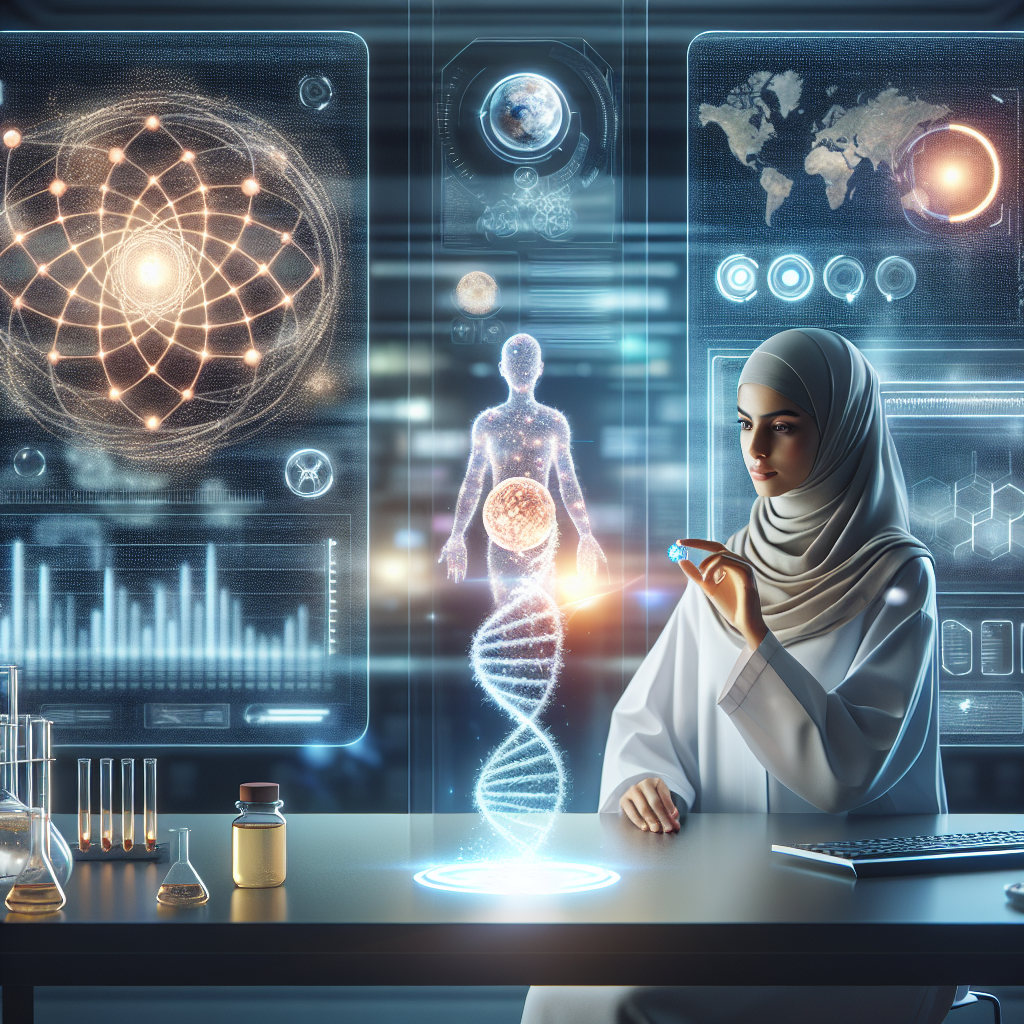OpenAI has created an AI model for longevity science
In a groundbreaking move, OpenAI has unveiled a revolutionary artificial intelligence model aimed at advancing longevity science. This development not only represents a significant leap in the AI field but also has far-reaching implications for healthcare, aging, and human longevity. As society grapples with the challenges of aging populations and age-related diseases, this AI model could provide valuable insights that transform our understanding of health and lifespan.
The Importance of Longevity Science
Longevity science is an interdisciplinary field dedicated to understanding the biological processes of aging and developing ways to extend healthy lifespans. With advances in medical technology, more people are living longer, but the quality of life during those extra years remains a critical concern. The focus of longevity science is not just to add years to life but to enhance the health and vitality of those years.
Recent statistics indicate that the global population of individuals aged 65 and older is growing rapidly, with projections stating that by 2050, this demographic will number over 1.5 billion. Among the challenges presented by this demographic shift are chronic diseases, cognitive decline, and frailty, all of which necessitate innovative solutions. This is where OpenAI’s newly launched model steps into the spotlight.
Understanding OpenAI’s Model
OpenAI‘s AI model for longevity science utilizes advanced machine learning techniques to analyze vast datasets related to health, genetics, biology, and environmental factors. By leveraging its capacity to process information at unprecedented speeds, the model can uncover patterns and correlations that may be invisible to human researchers.
One of the model’s key functionalities is its ability to predict aging-related outcomes based on various inputs. This predictive power can enhance personalized medicine approaches, allowing healthcare providers to tailor interventions based on individual risk factors. For instance, the model could analyze a person’s genetic information, lifestyle choices, and medical history to suggest preventive measures or treatments that might extend healthy years.
Applications in Healthcare
As the healthcare industry continues to evolve and integrate more technology, OpenAI’s model could play a vital role in various applications:
1. Preventive Healthcare: The model can identify at-risk individuals before they develop age-related diseases, allowing for timely interventions. By analyzing a combination of genetic data and lifestyle factors, the AI could provide personalized recommendations that reduce the risk of conditions such as diabetes, heart disease, and dementia.
2. Drug Discovery and Development: The pharmaceutical industry has long struggled with the lengthy and expensive process of drug discovery. OpenAI’s model could expedite this process by identifying potential drug candidates and predicting their effectiveness for age-related conditions.
3. Clinical Trials: The model can assist in designing more effective clinical trials by determining which populations are most likely to benefit from specific treatments. This could lead to faster approvals for drugs and therapies aimed at improving the quality of life for older adults.
4. Public Health Insights: By analyzing large datasets, the AI model can provide insights into trends and health disparities among aging populations. This information is vital for public health officials and policymakers as they craft strategies to address the unique needs of older adults.
Ethical Considerations
While the potential benefits of OpenAI’s longevity science model are significant, it is essential to address the ethical considerations that accompany the use of AI in healthcare. Privacy and data security are paramount, as the model requires access to sensitive health information. OpenAI must implement robust measures to ensure that personal data is safeguarded.
Additionally, there is a concern regarding the equitable access to the benefits of AI in healthcare. As advancements occur, it is vital that these technologies are made available to diverse populations, not just those in affluent areas. Ensuring that all individuals have access to AI-driven healthcare insights is essential for achieving health equity.
The Future of Longevity Science
OpenAI’s AI model for longevity science represents a significant milestone in the intersection of technology and healthcare. As researchers and healthcare professionals begin to harness the power of this model, we may witness remarkable advancements in how we understand and approach aging.
The potential for improved health outcomes and increased longevity could reshape our societies, potentially leading to longer, healthier lives for millions. However, as we move forward, it is crucial to remain vigilant about ethical considerations and ensure that these innovations benefit all individuals, regardless of their socioeconomic status.
Conclusion
In conclusion, OpenAI’s foray into longevity science through its cutting-edge AI model signifies a new era in the quest for understanding aging and enhancing healthspan. By offering predictive analytics, personalized healthcare solutions, and supporting drug development, this AI model has the potential to revolutionize our approach to aging and health.
As we embark on this journey, collaboration among AI experts, healthcare professionals, ethicists, and policymakers will be vital to navigate the complexities of integrating AI into the fabric of healthcare. With careful consideration and a commitment to equity, we can look forward to a future where longevity science benefits everyone, allowing us to lead healthier and more fulfilling lives.



